AsylumConnect
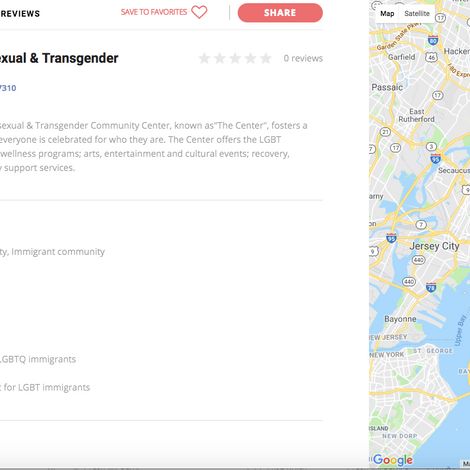
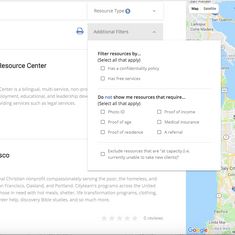
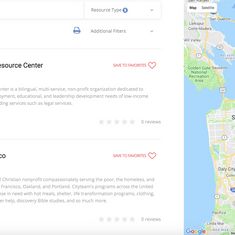
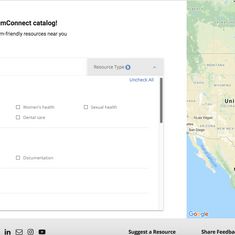
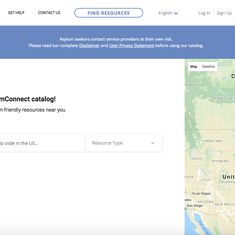
Although LGBTQ equality and safety are increasing in some countries, they’re decreasing in others. 73 countries continue to criminalize homosexuality. LGBTQ people in these countries are imprisoned and subjected to “corrective action” (rape, public humiliation). In 10 countries, identifying as LGBTQ is still punishable by death. As a result, ever year, thousands of LGBTQ immigrants and asylum seekers flee persecution in their home countries based on their sexual orientation or gender identity.
Co-founded by a lesbian and gay asylum seeker in 2014 at the University of Pennsylvania, AsylumConnect is a tech nonprofit on a mission to provide LGBTQ asylum seekers with the verified information and sense of community they need to safely integrate in their new home. The organization’s vision is to serve as the go-to information hub for persecuted LGBTQ people and the organizations who serve them. Since our founding, we’ve received recognition and support from the UN, MCJ/Amelior Foundation, Clinton Foundation, Harvard Social Enterprise Conference, Trevor Project, U.S. Committee for Refugees and Immigrants (USCRI) and others.
To-date, we’ve fulfilled our mission through creating the AsylumConnect catalog, the first ever online resource database for LGBTQ asylum seekers in the U.S. In November 2017, in partnership with nonprofit One Degree, we released a national version of our resource catalog. The new catalog currently helps LGBTQ asylum seekers find safe resources in Seattle, Philadelphia, NYC, Washington D.C., San Francisco, and Los Angeles. Nonprofits, immigration attorneys, and other providers also use our free, online database to gather verified resource referrals for their clients. Now, building upon One Degree's powerful resource search and management platform, we will scale our service across the U.S.
At scale, our catalog will streamline the safe integration of persecuted LGBTQ people in their new home. Everyone deserves the safety to live authentically.